Grooveshark Closes in Wake of Court Ruling - What does it mean for artists and songwriters?
Until May 1, 2015, music locker service Grooveshark was embroiled in litigation battles over the unlicensed songs and sound recordings stored, streamed and downloaded via its locker service. See Capitol Records, LLC v. Escape Media Group, Inc., No. 1:12-cv-06646-AJN-SN, (S.D.N.Y, filed Aug. 30, 2012).
Grooveshark reached a settlement with labels and the Grooveshark website is down after eight years. Grooveshark closing its doors is a win for content creators and owners. If you read the history below you'll see damages were estimated in the millions. What we don't know is if money changed hands as part of the settlement. Interestingly, Grooveshark admits in a public statement to handing over its mobile app, patents and copyrights to the labels. I just wonder how the various labels are going to divide that technology pie.
What about the indie labels, publishers and songwriters?
“As part of a settlement agreement with the major record companies, we have agreed to cease operations immediately, wipe clean all the data on our servers and hand over ownership of this website, our mobile apps and intellectual property, including our patents and copyrights.
”
And, what does it mean for music publishers, artists and songwriters? The typical artist or songwriter agreement would allow for the artist or songwriter to share to some extent in a lawsuit recovery. I get it that the legal fees in these cases probably extend far beyond any cash recovered. But, will the labels be the only ones profiting from acquiring the technology? How will the benefit trickle down to the artists and songwriters? And, what about indie artists and publishers, are they now at the mercy of the majors that acquired the Grooveshark technology if it is relaunched? Food for thought. Feel free to comment below.
Here's more background on the case(s).
Grooveshark let users upload songs that could then be streamed or downloaded by anyone. This is in contrast to locker services such as Google Play, iTunesMatch and Amazon Cloud Player which restrict a third-party from streaming or downloading songs from somebody else’s locker unless a license has been secured with the label and publisher for that specific use. Because Grooveshark is an interactive service, similar to a music-only YouTube, compulsory licenses are not an option and negotiated licenses must be secured.
The only major label that entered into a license with Grooveshark was EMI. Three lawsuits later, EMI terminated their deal with Grooveshark. The labels and publishers have multiple arguments why Grooveshark’s actions constitute copyright infringement and Grooveshark is not protected by the DMCA Safe Harbor provisions. The labels accuse Grooveshark of uploading roughly 100,000 recordings to the online music service, without payment or licenses. In light of the MP3tunes decision, the labels/publishers are asserting the employees of Grooveshark were baiting Grooveshark by uploading unlicensed content. Arguably, intentional actions of the employees and/or executives should not be protected by the DMCA.
On March 24, 2015 the judge granted EMI's motion for summary judgement on claims that Grooveshark's parent company Escape Media Group, Inc. infringed its copyrights. Relying on the MP3tunes decision, the court found Escape's repeat infringer policy did not meet the conditions of the DMCA Safe Harbor, Escape had an insufficient record keeping system, failed to terminate repeat infringers, and "actively" prevented copyright holders from collecting information needed for the takedown requests required by the DMCA. Total damages could amount to $420 million based on the court's finding that 2,807 EMI-copyrighted sound recordings existed on Grooveshark's servers.
